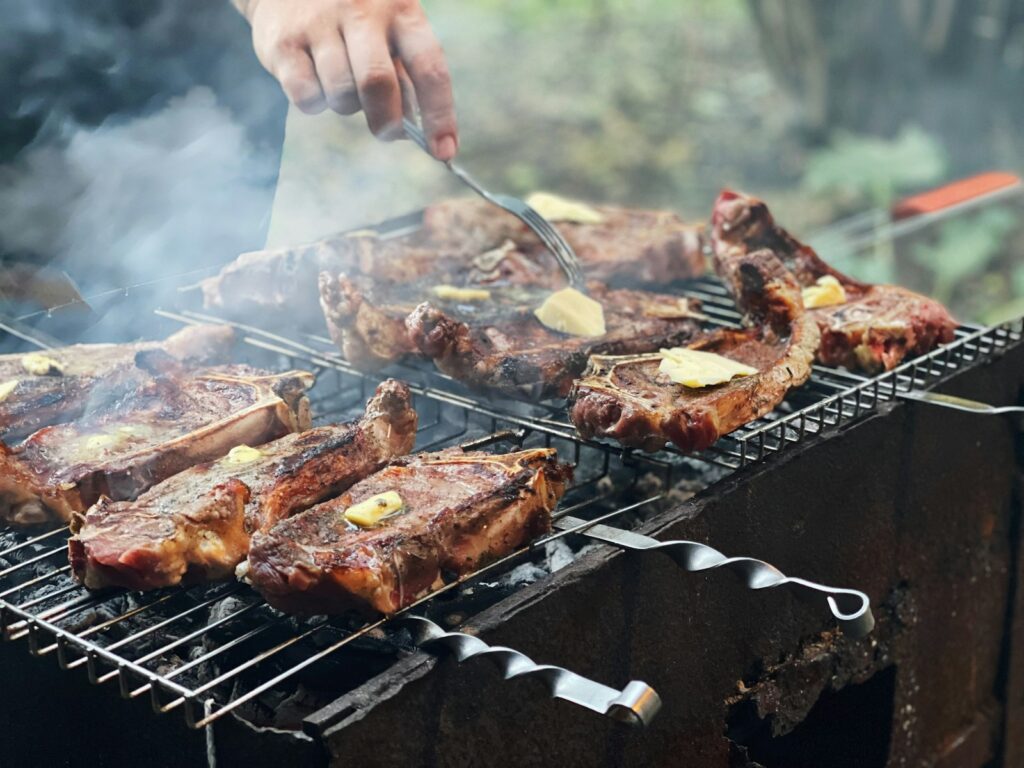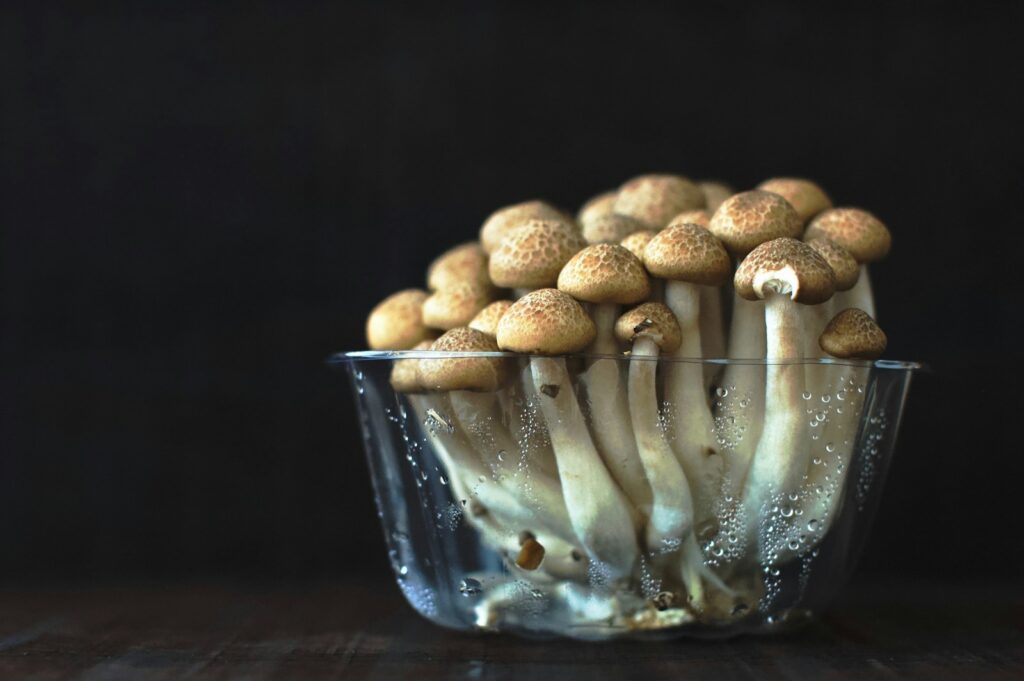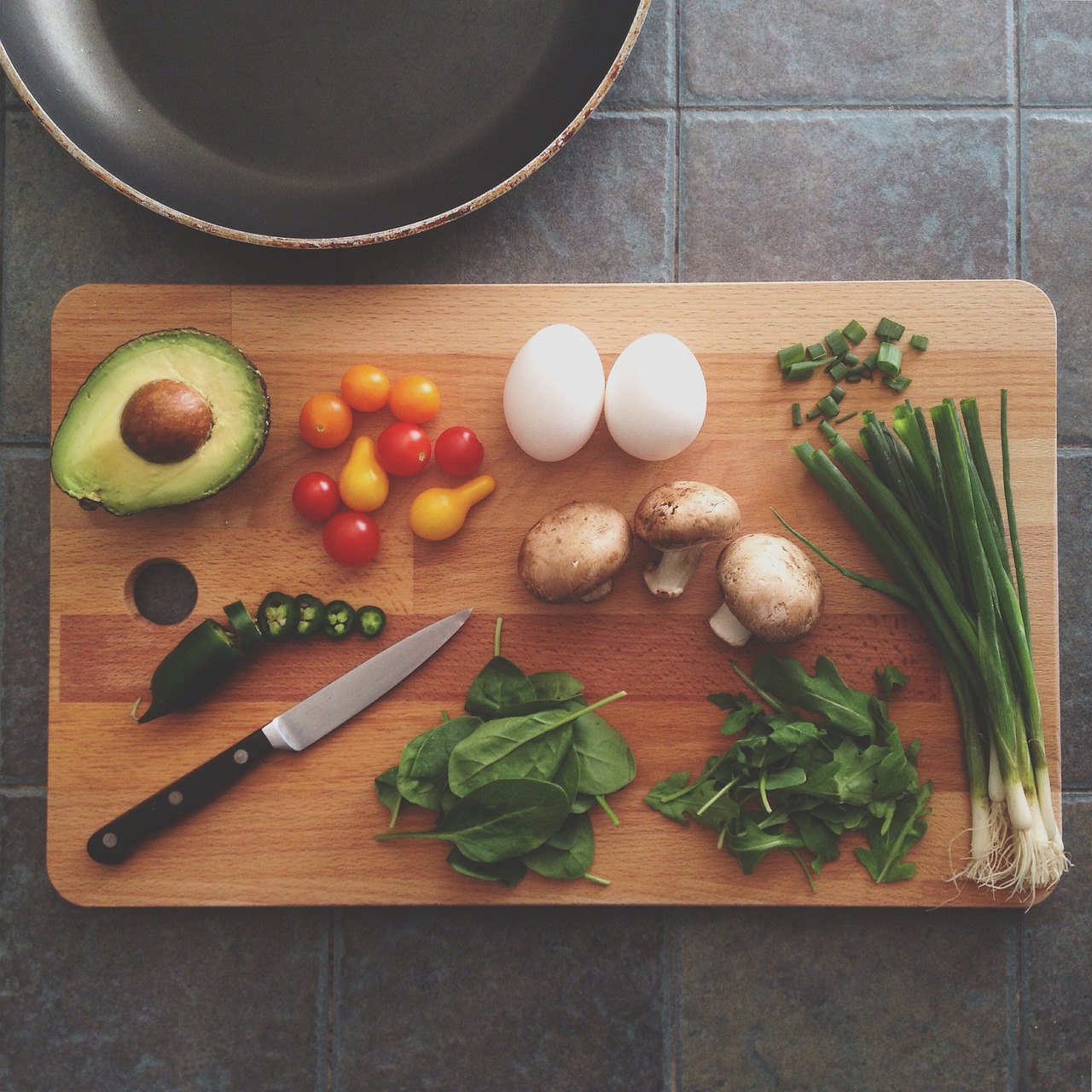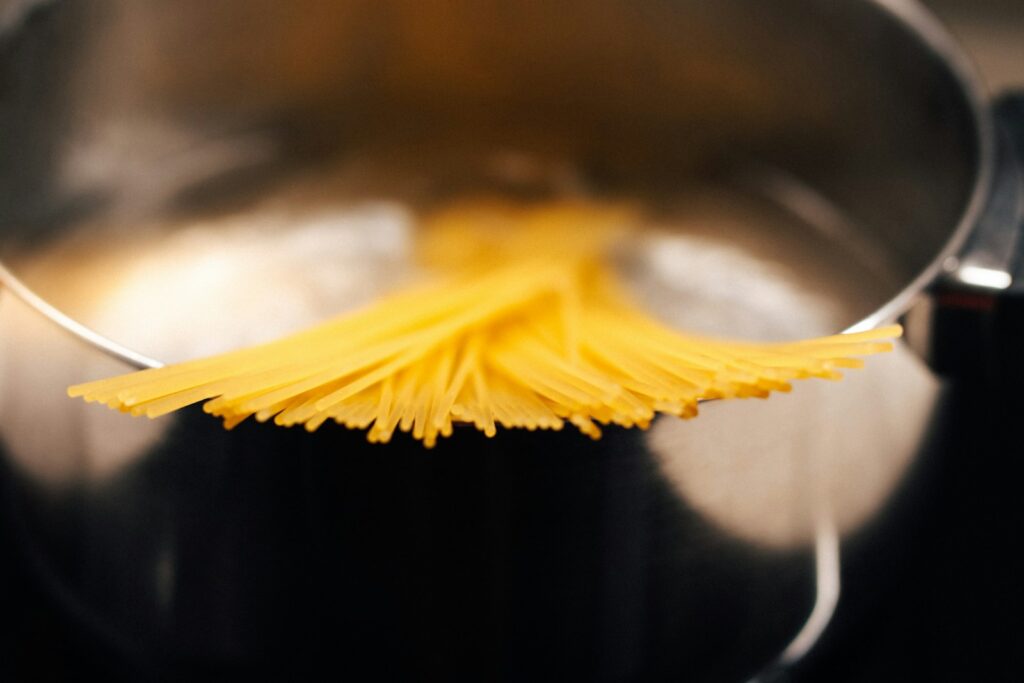Perhaps you made your pasta water as salty as the sea, grilled your steak to seal in the juices, or cleaned your mushrooms before frying. So, guess what? Perhaps you have been doing it incorrectly all along. Some of the most famous culinary suggestions seem to be myths, fallacies, or simply lousy advice. Who better to ask than Reddit’s enthusiastic and popular home cooks and professional chefs, who know their stuff?
Let’s look at some of the most infamous and controversial culinary suggestions on the internet and explain why you should avoid them. From Reddit to a chef, here are some cooking recommendations you should totally avoid.
Salting Pasta Water
Although it is one of the most commonly provided culinary tips, it is not entirely accurate. Indeed, adding salt to your pasta water is necessary for correct seasoning and extracting the most flavor from your pasta. Just remember that applying too much salt is unnecessary. “Salting pasta water like the sea is not only a waste of salt, but it is also dangerous to people with high blood pressure. In fact, one or two tablespoons are plenty for a gallon of water.
According to Chef Michael Chiarello, 1.5% salinity is ideal for pasta water—much lower than seawater, which has a salinity of around 3.5%. To guarantee that the water isn’t too salty or tasteless.

Searing Meat to Lock in the Juices
Another cooking method that, while it may appear sensible at first glance, is really false: searing the meat locks in its fluids, but in reality, the brown crust that forms during the sear provides taste and texture. True, cooking at a high temperature may cause the meat’s fluids to rise to the surface, where they may evaporate or drip off and be lost.
Meat does not “lock in the juices” when seared. Seared meat loses moisture as the heat dries it out. To preserve the fluids, don’t overcook the meat.
Kenji Lopez-Alt, head chef and kitchen manager at Wursthall, agreed, noting that the best approach to achieve juicy meat is to cook it to the proper temperature and then let it rest before chopping.

Rinsing Mushrooms Before Cooking Them
Mushrooms are tasty, but they can potentially be contaminated. So, washing them before cooking is a good idea, right? False Because tracking sponges collect water in the same way that towels do, they may become sponges. This can alter their surface and flavor, causing them to steam rather than brown on the pan.
Mushrooms should not be washed. During cooking, they absorb water and become entirely mushy. Simply clean it with a brush or a moist paper towel.
Chef Gordon Ramsay advises it again: don’t wash the mushrooms because the water will seep in and unleash their flavor. He also recommends frying them in a very hot, dry pan and seasoning them just before serving.

Using Unsalted Butter for Baking
Many baked dishes include butter, but is it preferable to use unsalted or salted butter? Most recipes utilize unsalted butter, so you can choose how salty the end food is. According to several Redditors and chefs, salted butter works just as well and can even improve the flavor of sweet treats.
“Baking with unsalted butter is a myth. In reality, the salted version improves the sweetness and works quite well. Just slightly reduce the recipe’s salt amount.”
Christina Tosi, the founder and pastry chef of Milk Bar, is utterly hooked on baking with salted butter. She claims it adds a delightful tinge of savory flavor to her cakes and pastries, which may seem unexpected. She claims you won’t need to add any more salt to your dish since it’s considerably more tasty and consistent than unsalted butter.

Adding Oil to Pasta Water to Prevent Sticking
This is just another common culinary recommendation that is unnecessary and unhelpful. The oil in the pasta water just makes the pasta slick, preventing the sauce from adhering to it rather than preventing the pasta from holding together. We try to keep the pasta from sticking by boiling it in plenty of water, flipping it occasionally, and draining it immediately.
The purpose of adding oil to the pasta water is pointless. It will make the spaghetti oily and less able to hold sauce rather than preventing it from sticking. Do not overcook the pasta; simply add enough water and toss it.
Chef Lidia Bastianich agrees, describing this practice as a waste of taste and oil. She believes that when the pasta drains, the oil will coat it and float to the surface of the water, preventing the sauce from sticking properly.
Chefs urge disregarding certain culinary guidelines. Cooking is a really personal hobby that allows for a lot of creativity, so do what you enjoy the most. If you don’t mind defying some of the conventional wisdom, you could uncover better and more imaginative culinary methods. Cheers to cooking and enjoying the process!



